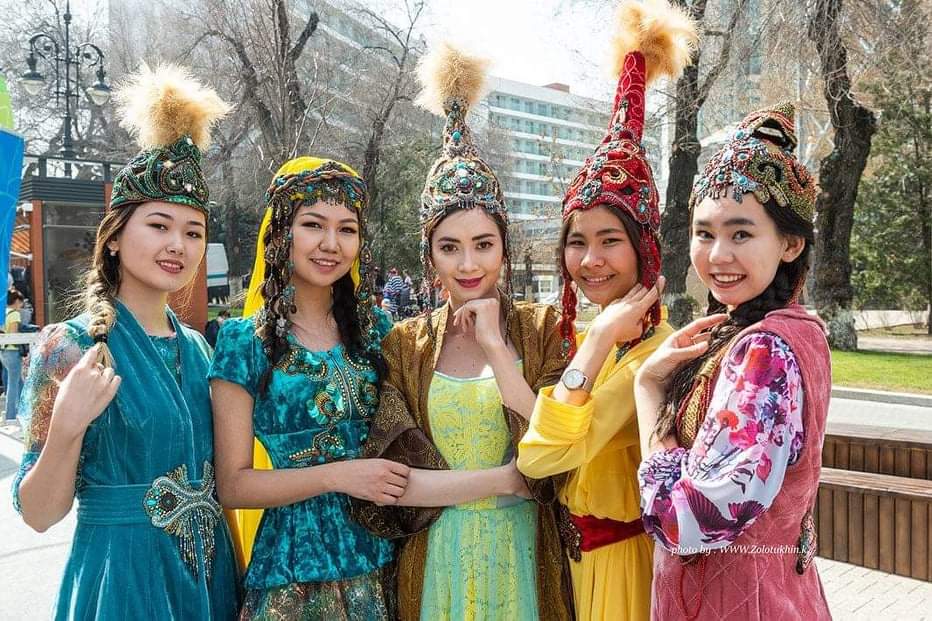Pragatizacao is a concept that has recently gained attention in various discussions related to social development, cultural identity, and progressive adaptation in the modern world. Although the term itself may sound unusual to many, its underlying meaning resonates with ongoing global conversations about progress, transformation, and the need for societies to evolve without losing their authentic roots. In this article, we will explore what pragatizacao stands for, why it matters in contemporary times, and how individuals and communities can apply this idea to achieve meaningful growth.
The Meaning of Pragatizacao
At its core, can be described as a process of progressive adaptation. It emphasizes the balance between tradition and modernity, encouraging societies to embrace change while safeguarding their unique cultural and social values. Unlike rigid modernization that often ignores local identity, advocates for a gradual, inclusive, and thoughtful transformation. This means adopting modern practices and technologies while ensuring they align with the community’s historical, cultural, and ethical framework.
Historical Roots of Pragatizacao
The roots of pragatizacao can be traced to the universal human need for advancement. Societies throughout history have always evolved by blending tradition with innovation. Ancient civilizations that mastered agriculture, architecture, or governance did so through processes similar to what we now recognize as pragatizacao. They integrated new techniques into existing cultural structures, which allowed them to thrive. This concept reflects a timeless truth: true progress is sustainable only when it respects heritage and community values.
Pragatizacao in the Modern Context
In today’s rapidly changing world, has become more relevant than ever. The digital revolution, globalization, and cultural exchanges have created opportunities for progress but also challenges of cultural erosion and social fragmentation. Pragatizacao helps address these challenges by providing a framework where societies can innovate without completely abandoning their identity. For example, many countries adopt digital technologies in governance, education, and healthcare but tailor these tools to reflect local languages, traditions, and needs. This adaptation illustrates how pragatizacao is applied in real-world contexts.
Cultural Dimension of Pragatizacao
One of the most significant aspects of pragatizacao is its cultural dimension. Culture forms the backbone of any society, and preserving it while pursuing progress is vital for long-term sustainability. Through pragatizacao, communities are encouraged to celebrate their festivals, art, music, and literature while also participating in the global cultural exchange. Rather than seeing globalization as a threat, views it as an opportunity to enrich local culture with global influences, provided the core identity remains intact.
Pragatizacao and Education
Education plays a pivotal role in shaping future generations, and has a powerful impact here. Progressive adaptation in education means updating curricula to include modern skills such as digital literacy, critical thinking, and environmental awareness while also embedding cultural values and historical knowledge. This dual approach ensures that students are prepared for global challenges but remain connected to their roots. Countries that have adopted such blended educational models demonstrate how creates well-rounded and resilient individuals.
The Role of Technology in Pragatizacao
Technology is often seen as a disruptor, but within the philosophy of pragatizacao, it becomes a tool for constructive transformation. For instance, traditional industries such as agriculture and handicrafts can use digital platforms to reach wider markets while still preserving authenticity. Social media can amplify cultural expressions, while artificial intelligence can be tailored to serve local needs in healthcare or urban planning. The key principle of pragatizacao in technology is thoughtful integration rather than blind adoption.
Social Implications of Pragatizacao
Pragatizacao also has social implications, especially in addressing inequality and fostering inclusion. By ensuring that progress is inclusive and culturally sensitive, marginalized groups can benefit from modernization without losing their identity. This is particularly important in multicultural societies where diversity is both a strength and a challenge. Pragatizacao fosters dialogue, mutual respect, and equitable growth, creating harmony in societies undergoing rapid change.
Challenges to Implementing Pragatizacao
While the concept is powerful, implementing is not without challenges. Resistance to change, fear of cultural dilution, lack of resources, and political instability can slow down the process. Moreover, global pressures such as economic competition or cultural homogenization may undermine local efforts. To overcome these challenges, strong leadership, community participation, and international cooperation are necessary. Pragatizacao thrives best in environments where dialogue and inclusivity are prioritized over rigid policies or unregulated modernization.
The Future of Pragatizacao
Looking ahead, pragatizacao has the potential to shape a balanced future where progress and tradition coexist. As climate change, digital disruption, and social inequalities continue to dominate global discussions, provides a framework for sustainable solutions. By valuing cultural wisdom while embracing innovation, societies can create models of growth that are not only economically strong but also socially just and environmentally responsible.
Conclusion
Pragatizacao is more than just a theoretical concept; it is a philosophy of life, progress, and sustainability. It emphasizes that societies need not choose between tradition and modernity, but can instead blend the two in a way that respects the past and prepares for the future. By applying pragatizacao in areas such as culture, education, technology, and social development, communities can achieve growth that is authentic, inclusive, and lasting. In an era where change is inevitable, serves as a guiding principle that reminds us progress is most meaningful when it is rooted in identity.



